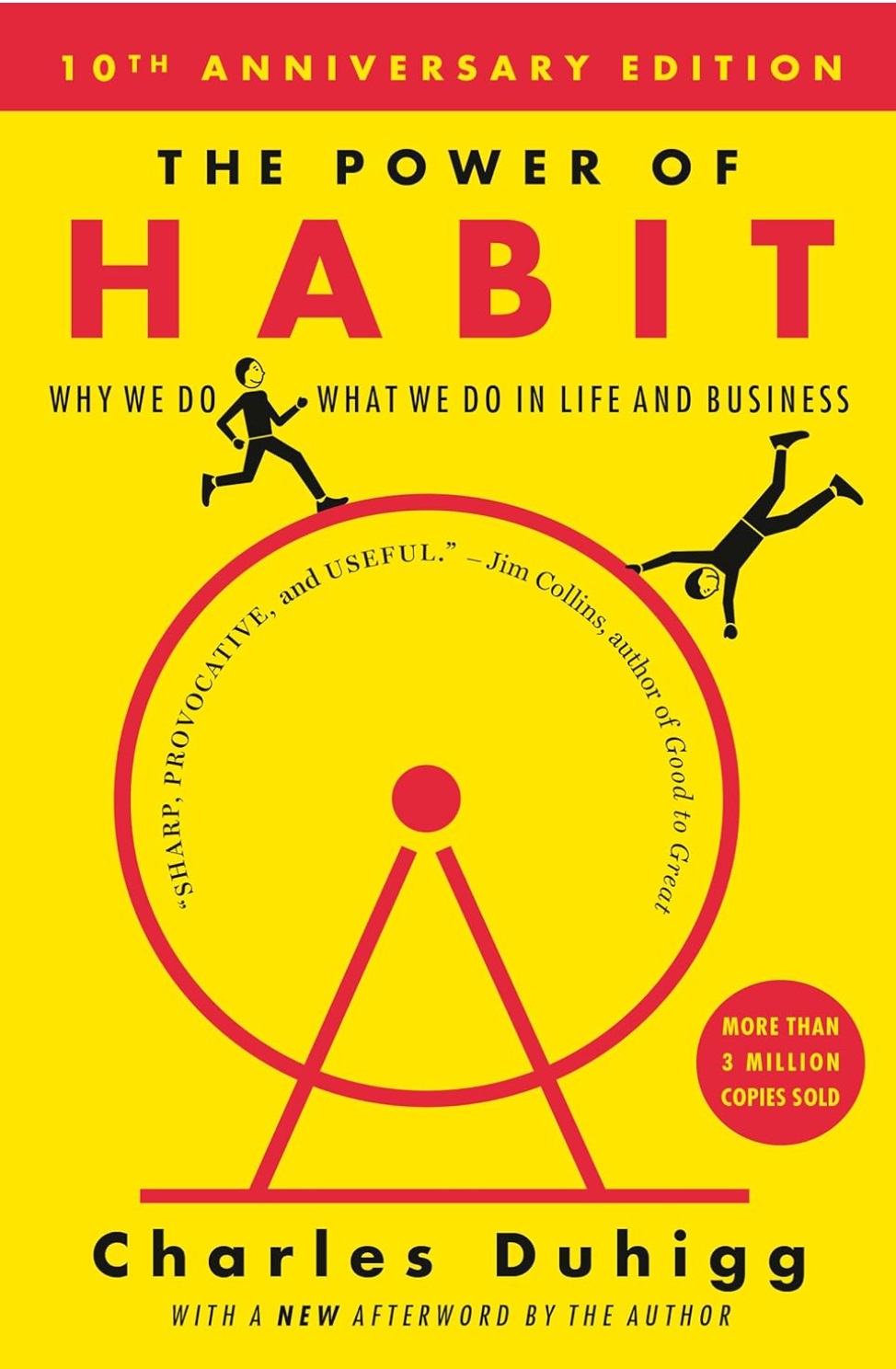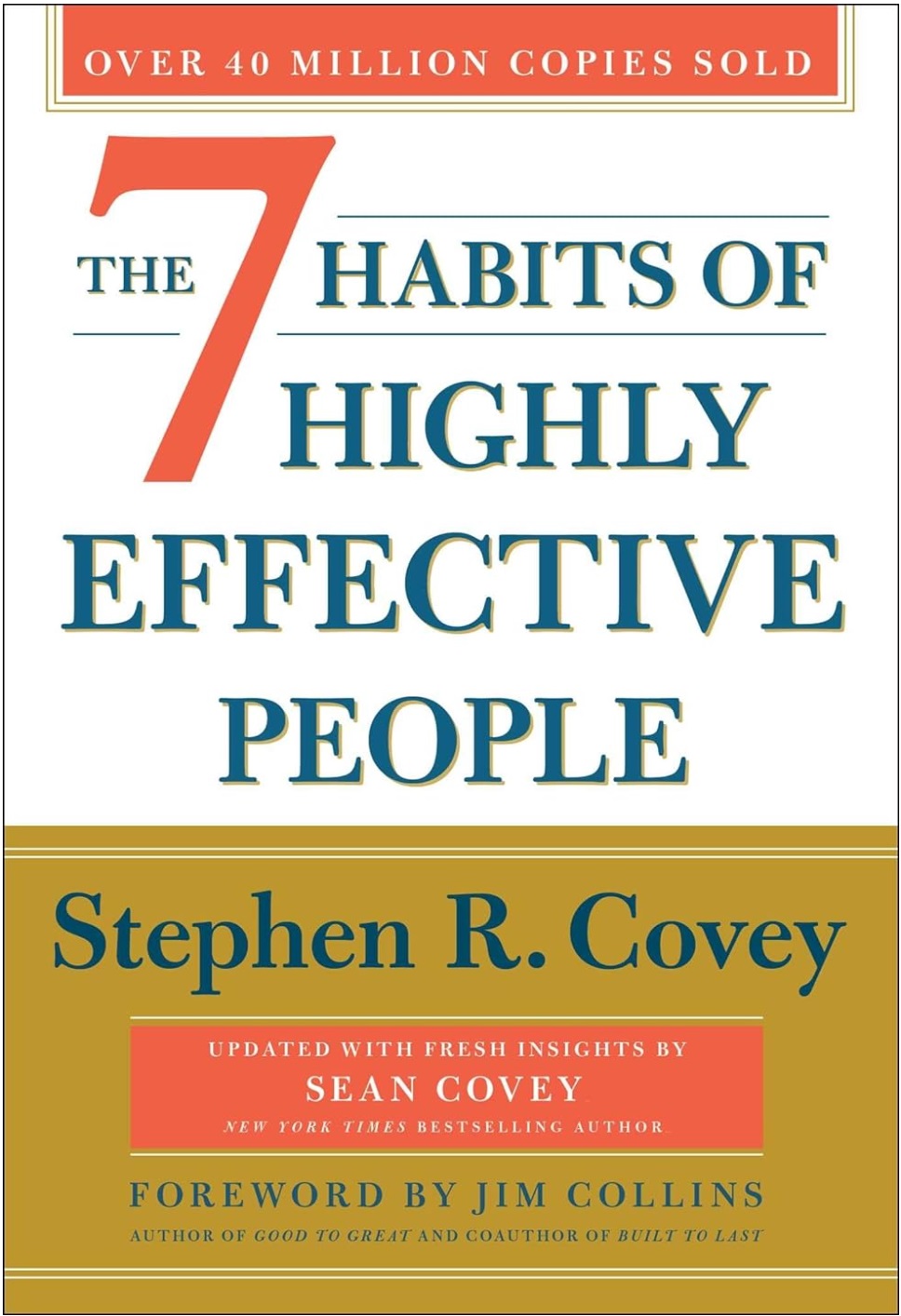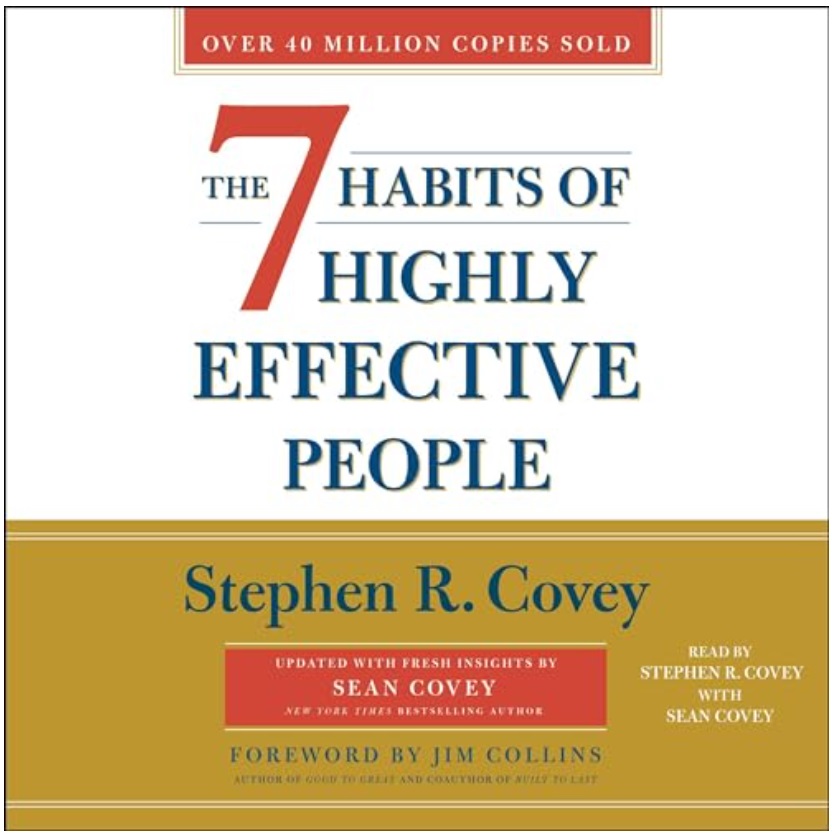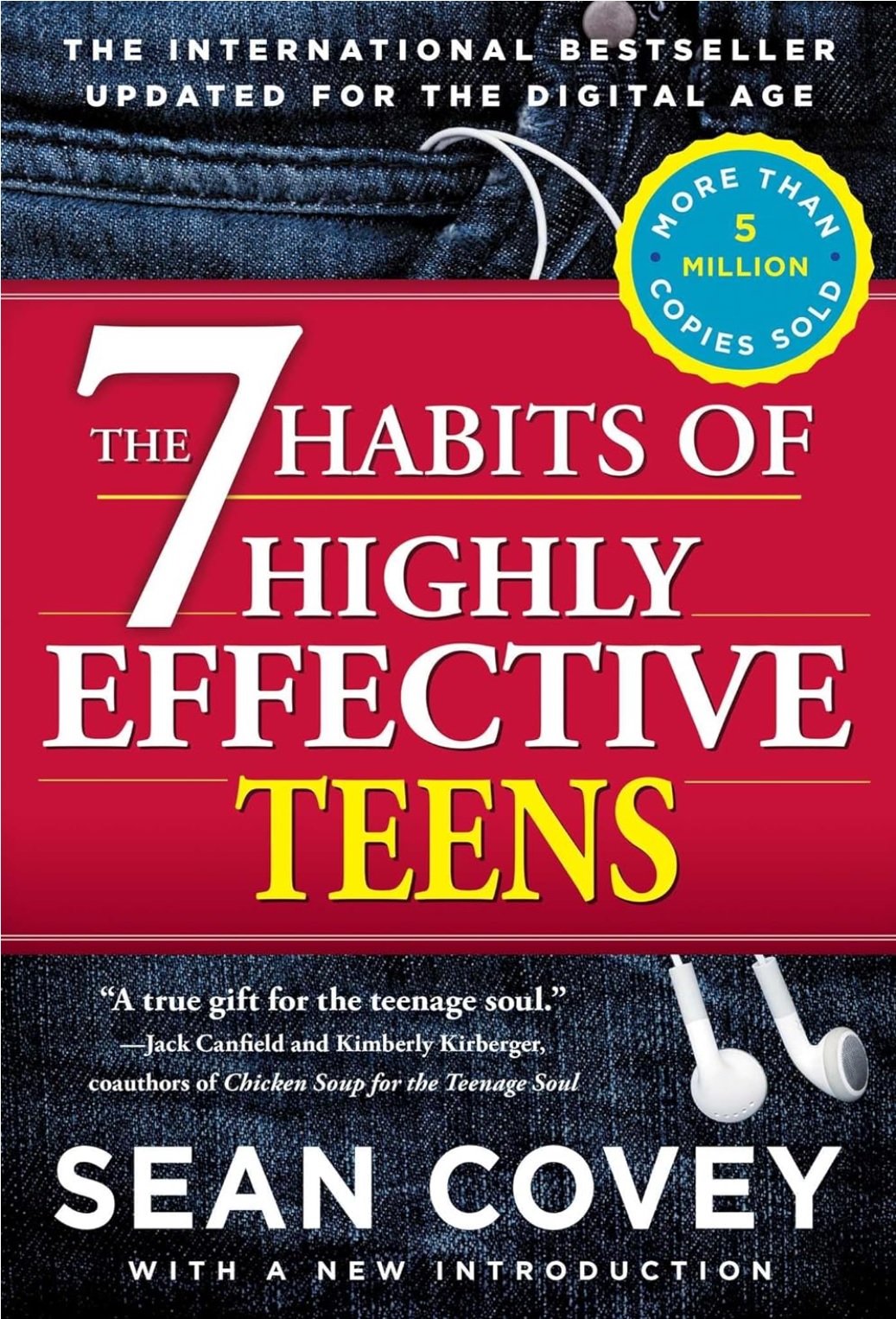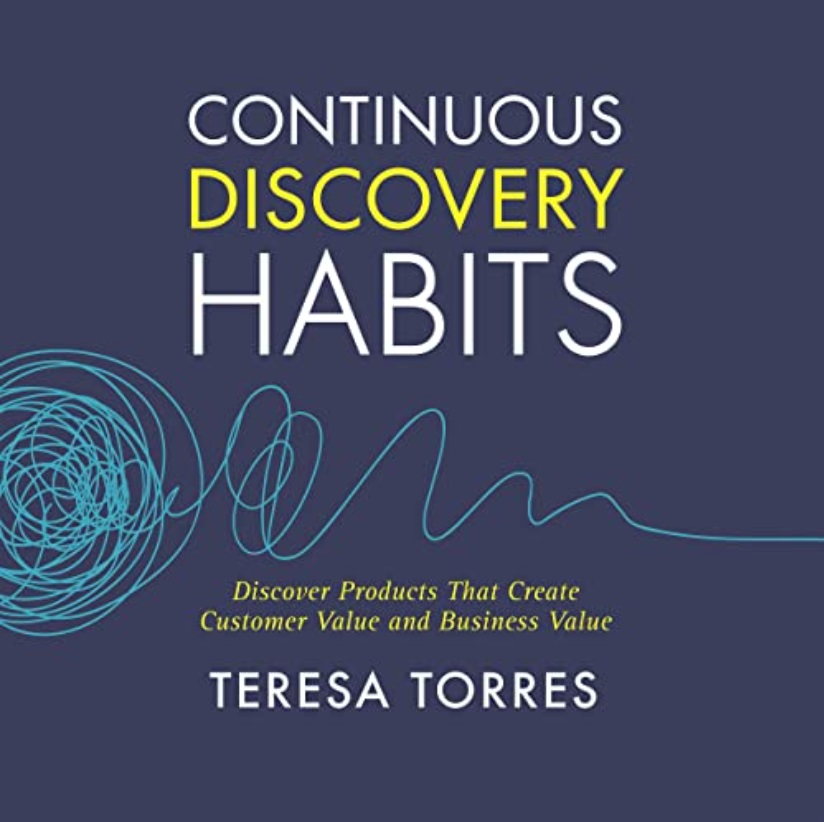- KEY POINTS
- Develop smart financial habits by tracking your spending, creating budgets, and automating savings for long-term financial success.
- Pay off debt strategically using methods like the debt snowball while keeping credit utilization low to improve your credit score.
- Plan for the future with retirement savings, emergency funds, and mindful spending to build financial stability and achieve your goals.
Building smart financial habits is the foundation of long-term financial success. I’ve learned through my own journey that good financial habits aren’t about drastic changes but small, consistent actions that lead to big results. Whether it’s managing your spending, saving for the future, or paying off debt, each habit you develop strengthens your financial well-being.
In this post, I’ll share 21 tips for creating better financial habits. These practical, actionable steps have helped me and many others achieve financial stability. Let’s dive in.
Table of Contents
Toggle1. Track Your Spending
Understanding where your money goes is the first step to developing smart financial habits. I used to avoid tracking my expenses because I thought it would be too tedious. But when I finally sat down and reviewed my monthly spending, I was shocked to see how much I spent on things like takeout and subscription services.
Tracking your spending doesn’t have to be complicated. Use a spreadsheet, a notebook, or budgeting apps like Mint or YNAB. By keeping a detailed log of your expenses, you’ll uncover patterns and identify areas where you can cut back. For more advice on staying within budget, check out 9 Common Sense Habits for Sticking to a Family Budget.
Reflective Question: What category of expenses surprises you the most when you track your spending?
Action Step: Download a budgeting app or create a simple spreadsheet and start tracking every expense for one month.
2. Create a Budget That Works for You
Once you’ve tracked your spending, creating a realistic budget is the next step. A budget helps you allocate your income toward essentials, savings, and discretionary spending. When I first started budgeting, I made the mistake of being too restrictive, which made it hard to stick to. Now, I build a budget that leaves room for occasional treats.
Your budget should reflect your priorities. Divide your income into categories like housing, food, savings, and leisure. Apps can make budgeting easier by automating expense tracking and categorization. For more tips on successful budgeting, explore 7 Tips to Develop Good Saving Habits.
Reflective Question: Is your current budget aligned with your financial goals?
Action Step: Set aside 30 minutes this week to review and adjust your budget to ensure it fits your lifestyle and priorities.
3. Set Financial Goals
Having clear financial goals keeps you motivated and focused. I used to save aimlessly, which often led to me dipping into my savings for non-essential purchases. Once I set specific goals—like saving for an emergency fund or a vacation—I found it easier to stay disciplined.
Write down your goals and break them into actionable steps. For example, if you want to save $5,000 in a year, calculate how much you need to save each month. Tracking your progress toward these goals will give you a sense of accomplishment and keep you motivated.
Reflective Question: What is one financial goal you’ve been putting off, and why?
Action Step: Write down your top three financial goals and set a timeline for achieving each one.
4. Automate Your Savings
Automating your savings is one of the easiest ways to build wealth over time. I started by setting up an automatic transfer from my checking account to my savings account every payday. This “set it and forget it” approach ensured that I saved consistently without even thinking about it.
Even small, automated contributions can add up over time. If you’re unsure where to start, consider automating 10% of your income and adjusting as needed. Learn more about this strategy in Why Emergency Funds Matter and How to Start One.
Reflective Question: How much can you comfortably automate toward savings each month?
Action Step: Set up an automatic transfer to your savings account starting with a small, manageable amount.
5. Build an Emergency Fund
An emergency fund is your financial safety net. When I faced an unexpected car repair, having an emergency fund saved me from relying on credit cards. Start with a small goal, like $500, and gradually build up to three to six months’ worth of living expenses.
Keep your emergency fund in a high-yield savings account for easy access. This habit not only provides peace of mind but also prevents you from derailing your financial goals during emergencies.
Reflective Question: Do you currently have an emergency fund? If not, what’s stopping you from starting one?
Action Step: Open a separate savings account and transfer a small amount into it each week to begin building your emergency fund.
6. Pay Yourself First
One habit that transformed my finances was paying myself first. Before paying bills or covering expenses, I prioritize saving a portion of my income. Treating savings as a non-negotiable expense ensures that I’m consistently building wealth.
If you’re struggling to save, start with a small percentage—like 5%—and gradually increase it over time. This habit is a cornerstone of financial success.
Reflective Question: Are you treating savings as a priority or an afterthought?
Action Step: Set a specific percentage of your income to save every month and stick to it.
7. Avoid Impulse Purchases
Impulse spending was one of my biggest financial challenges. I used to buy things on a whim, only to regret it later. To combat this, I implemented a 24-hour rule: If I want something, I wait a full day before making the purchase.
Most of the time, the urge fades, and I realize I didn’t need the item. This simple habit has saved me hundreds of dollars. For more strategies, explore 17 Surefire Ideas to Break Bad Spending Habits.
Reflective Question: What’s the last impulse purchase you regret, and how can you avoid it in the future?
Action Step: Implement a 24-hour rule for all non-essential purchases starting today.
8. Limit Credit Card Use
Credit cards can be a helpful tool, but they can also lead to debt if misused. I limit my credit card use to planned expenses and always pay the balance in full each month. This habit helps me avoid interest charges and keeps my credit score healthy.
If you’re struggling with credit card debt, focus on using cash or debit cards for everyday purchases. For more tips on managing credit, visit Building Good Credit Habits for Financial Success.
Reflective Question: Are you using credit cards to build credit or as a spending crutch?
Action Step: Review your credit card statements and identify areas where you can reduce reliance on credit.
9. Pay Bills on Time
Your payment history is one of the most significant factors in determining your credit score. I used to struggle with remembering due dates, which led to late fees and a dip in my credit score. Once I set up automatic payments for all my recurring bills, I never missed a payment again.
Timely bill payments not only boost your credit score but also save you money by avoiding unnecessary fees. If you’re worried about having enough in your account, set reminders to check your balance a few days before payments are due. Learn more in Debt-Free Living: Good Habits for Paying Off Loans.
Reflective Question: How often do you pay bills late, and what’s causing the delay?
Action Step: Set up automatic payments for your recurring bills or create calendar reminders to ensure you never miss a due date.
10. Keep Credit Utilization Low
Keeping your credit utilization ratio below 30% is one of the fastest ways to improve your credit score. Early in my financial journey, I maxed out my credit cards without realizing how much it hurt my score. Now, I keep my utilization around 20%, and it’s made a noticeable difference.
If your utilization is high, focus on paying down your balances as quickly as possible. For example, I started allocating any extra income, like bonuses or tax refunds, toward my credit card balances to reduce utilization faster. Learn more strategies in Good Habits to Build Credit and Why It Matters.
Reflective Question: Are you keeping your credit card balances low, or are you maxing them out?
Action Step: Calculate your credit utilization rate today and create a plan to bring it below 30%.
11. Diversify Your Credit Mix
Having a diverse credit mix—such as a combination of credit cards, installment loans, and mortgages—can improve your credit profile. When I first started building credit, I only had a credit card, which limited my score’s potential. Taking out a small personal loan for home improvements helped me diversify my credit mix and boosted my score.
However, diversification should align with your financial goals. Avoid taking out loans you don’t need just to improve your credit mix. Focus on managing your existing accounts responsibly first.
Reflective Question: Is your credit profile limited to just one type of credit?
Action Step: If appropriate, consider adding a manageable installment loan to your credit mix to demonstrate versatility.
12. Set Up Alerts for Your Accounts
Account alerts have been a game-changer for me. By setting up notifications for due dates, low balances, and unusual activity, I’ve been able to stay on top of my finances without constant effort. For instance, an alert once notified me of a fraudulent charge, allowing me to resolve it quickly before it caused further issues.
Most banks and credit card providers offer free alerts. Take advantage of these tools to monitor your accounts and maintain financial security.
Reflective Question: Do you have alerts set up for your accounts to prevent mistakes or fraud?
Action Step: Log into your bank or credit card app today and enable notifications for payments, low balances, and unusual activity.
13. Create Sinking Funds for Big Expenses
Sinking funds are dedicated savings accounts for specific goals, like vacations, holidays, or annual insurance payments. I started using sinking funds a few years ago and found them incredibly helpful for managing irregular expenses. For example, I save monthly for holiday gifts, so I don’t feel financially overwhelmed in December.
This approach helps you stay financially prepared without tapping into your emergency fund or using credit cards. Separate your sinking funds into individual accounts or track them in a spreadsheet to stay organized. For more budgeting advice, visit 9 Common Sense Habits for Sticking to a Family Budget.
Reflective Question: What upcoming expenses could you plan for with a sinking fund?
Action Step: Start your first sinking fund by setting aside a small amount each week for an upcoming expense.
14. Practice Mindful Spending
Mindful spending means aligning your purchases with your values and long-term goals. I used to buy things impulsively, only to feel regret later. Now, before making a purchase, I ask myself, “Will this add value to my life, or is it just a short-term want?” This simple habit has saved me hundreds of dollars and made me more intentional about my spending.
If you struggle with impulsive shopping, consider waiting 24 hours before making non-essential purchases. This pause often reveals whether you truly need the item or if it’s an emotional impulse.
Reflective Question: Are your purchases bringing you closer to your financial goals?
Action Step: Implement a 24-hour rule for all non-essential purchases starting today.
15. Use the Debt Snowball Method
When I started tackling my debt, I used the debt snowball method, which involves paying off smaller debts first while making minimum payments on larger ones. Paying off a small credit card balance gave me an immediate sense of accomplishment and the motivation to tackle bigger debts.
This method is excellent if you’re feeling overwhelmed by multiple debts. Quick wins help build momentum and keep you motivated. Learn more about this approach in Debt-Free Living: Good Habits for Paying Off Loans.
Reflective Question: Which of your debts could you pay off quickly to gain momentum?
Action Step: Identify your smallest debt and allocate extra funds toward paying it off this month.
16. Review Your Subscriptions
Subscriptions can quietly drain your budget if you’re not careful. When I audited my subscriptions, I discovered I was paying for services I hadn’t used in months. Canceling those saved me $50 a month, which I redirected toward my savings goals.
Make it a habit to review your subscriptions every few months. Identify which ones add value to your life and cancel the rest.
Reflective Question: How many subscriptions are you currently paying for, and do you use all of them?
Action Step: Review your last bank statement and cancel any subscriptions you no longer need.
17. Educate Yourself About Investing
Investing can feel overwhelming at first, but it’s one of the most effective ways to grow your wealth over time. When I began investing, I started small with index funds and focused on learning the basics. Understanding concepts like compound interest, diversification, and risk tolerance helped me feel more confident.
Start by researching beginner-friendly investment options like robo-advisors or retirement accounts. You don’t need a lot of money to get started—many platforms allow you to begin with as little as $50. For more insights, check out The Ultimate Guide for Investing for Beginners.
Reflective Question: What’s holding you back from starting your investment journey?
Action Step: Spend 30 minutes researching beginner investment options today and choose one platform to start with.
18. Plan for Retirement Early
It’s easy to put off saving for retirement, especially when it feels so far away. I used to think I had plenty of time, but once I learned about the power of compound interest, I realized how starting early makes a huge difference. Even small contributions can grow significantly over time.
If your employer offers a 401(k) match, take full advantage of it—that’s essentially free money. If not, consider opening an IRA or other retirement savings account. The earlier you start, the more you’ll benefit.
Reflective Question: Are you taking advantage of retirement savings opportunities, like employer matching or IRAs?
Action Step: Review your retirement contributions today and increase them, even by a small percentage, if possible.
19. Live Below Your Means
Living below your means is one of the simplest yet most powerful financial habits. By spending less than you earn, you free up money to save, invest, and pay off debt. For example, I chose to drive a used car instead of financing a new one, which saved me thousands of dollars over the years.
This habit doesn’t mean living a deprived life—it’s about making intentional choices that align with your goals. Look for areas where you can cut back without sacrificing too much comfort.
Reflective Question: Are your current spending habits sustainable, or are they putting unnecessary pressure on your finances?
Action Step: Identify one expense you can reduce or eliminate this month to free up extra cash for savings.
20. Teach Your Family About Finances
Financial wellness isn’t just an individual pursuit—it’s a family effort. I’ve started teaching my kids about money by involving them in budgeting discussions and explaining the value of saving. These small lessons are setting them up for a lifetime of financial success.
By teaching your family about finances, you also reinforce your own habits. Start with simple topics like budgeting or the importance of saving, and gradually introduce more complex concepts as they’re ready. For more tips on managing family finances, explore 9 Common Sense Habits for Sticking to a Family Budget.
Reflective Question: Are you sharing your financial knowledge with your family, or is it a solo effort?
Action Step: Plan a family meeting to discuss budgeting or set up a savings challenge to teach financial responsibility.
21. Stay Consistent and Patient
Building smart financial habits takes time, and it’s easy to feel discouraged when progress seems slow. I used to get frustrated when I didn’t see immediate results, but I’ve learned that consistency is what matters most. Every small step, whether it’s paying off a small debt or saving an extra $20, adds up over time.
Celebrate your milestones, no matter how small. Whether it’s paying off a credit card or reaching a savings goal, take a moment to acknowledge your progress. Remember, financial wellness is a journey, not a race.
Reflective Question: Are you staying consistent with your financial habits, or do you feel like giving up when progress is slow?
Action Step: Write down one recent financial win, no matter how small, and use it as motivation to stay on track.
Conclusion
Developing smart financial habits is one of the best investments you can make in yourself and your future. From tracking your spending to building an emergency fund, every habit you adopt brings you closer to financial stability and freedom. The key is to start small, stay consistent, and celebrate your progress along the way.
Remember, financial success isn’t about perfection—it’s about persistence. Take the first step today by choosing one habit from this list to implement. For more practical advice, explore related posts like 21 Tips for Developing Smart Financial Habits and 17 Surefire Ideas to Break Bad Spending Habits. You’ve got this!
References
Blog Post References
- 9 Common Sense Habits for Sticking to a Family Budget
- 7 Tips to Develop Good Saving Habits
- Habits You Should Adopt to Stop Getting into Bad Debt
- Debt-Free Living: Good Habits for Paying Off Loans
- Good Habits to Build Credit and Why It Matters
- Building Good Credit Habits for Financial Success
- 17 Surefire Ideas to Break Bad Spending Habits
- Why Emergency Funds Matter and How to Start One
- The Ultimate Guide to Financial Wellness















